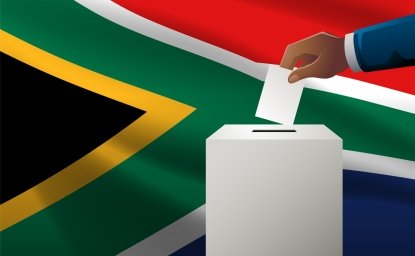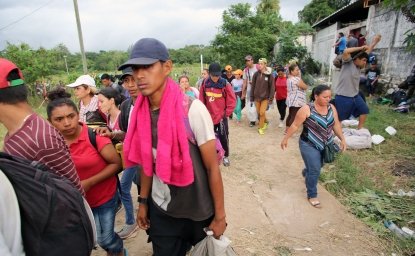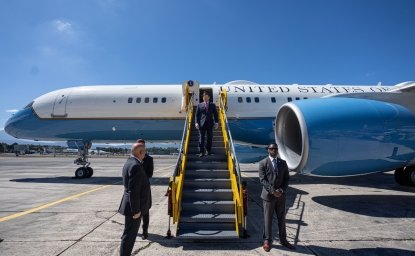[...]
Ecuador President Rafael Correa is emerging from the shadow of Venezuelan mentor Hugo Chavez as his decision to grant asylum to WikiLeaks’ founder Julian Assange plunges relations with the U.S. to new lows.
While such a tactic may boost his chances of re-election in February, the political gain may spell economic loss for Ecuador, as harboring Assange sparks reprisals from the South American nation’s top trade partner, said Cynthia Arnson, Latin America program director at the Woodrow Wilson International Center for Scholars.
Ecuador’s economy, about the size of Nebraska’s, benefitted from $1.7 billion in duty-free exports to the U.S. last year under the Andean Trade Promotion and Drug Eradication Act. Protecting Assange, who published classified U.S. military cables over the internet, is the latest in a series of conflicts with the U.S., including ties with Iran, which top U.S. lawmakers say justify re-imposing tariffs when the trade preferences expire in July.
“This latest move completely undermines the relationship with the U.S. and virtually guarantees that Ecuador will be removed from the Andean trade preference benefits,” Arnson said in a phone interview from Washington.
A State Department official in Washington, who declined to be named, citing agency policy, said the U.S. relationship with the upper levels of Ecuador’s government is very difficult. The renewal of the trade deal is a Congressional decision, he said.
[...]
To continue reading go here.





